On the afternoon of January 16, the Provincial Cooperative Union held a conference to summarize the work in 2023 and deploy directions and tasks for 2024.
In 2023, the collective economy and cooperatives in the province will continue to develop in terms of quantity and quality of activities, revenue and income will increase compared to the same period last year; many production cooperative models associated with value chains will continue to be implemented. Continue to implement support policies to promote the common activities of the collective economy and cooperatives, contributing to socio-economic development, especially in new rural construction.
As of December 15, 2023, the whole province has 504 cooperatives (an increase of 37 cooperatives compared to the end of 2022). The whole province has 77 cooperatives, 2 Unions of Cooperatives producing and trading in association with product value chains, a number of cooperatives applying high technology, linking production, processing and product consumption activities with enterprises. The collective economic sector has created jobs and increased income for a large number of members and workers. In the past year, more than 1,500 new jobs have been created, especially in rural areas, contributing to sustainable poverty reduction.
The key directions and tasks for 2024 are: Continue to improve the operational efficiency of existing cooperatives; strive to have 75% or more of effective production and business cooperatives by the end of 2024. Establish at least 25 new cooperatives and 20 cooperative groups. Organize training for officials, civil servants, and leaders at all levels, sectors, and advisory agencies on collective economy in the whole province; managers, professional and technical staff. Strengthen value chain linkage activities between enterprises and cooperatives, strive for at least 25 cooperatives to benefit from policies supporting infrastructure, industrial promotion activities, trade promotion, product branding, etc.
In their speeches at the conference, delegates highly appreciated the achievements of the collective economic sector in the past year, and at the same time made recommendations on creating conditions for cooperatives to access loan sources to invest in expanding production along the chain. Continue to support the construction of new cooperative models associated with value chains and high-tech production models. Strengthen the organization of training courses on digital transformation in the collective economic sector and organize tours to learn from experiences for application locally in the coming time.
Tien Dat-Hoang Hiep
Source



![[Photo] Keep your warehouse safe in all situations](https://vphoto.vietnam.vn/thumb/1200x675/vietnam/resource/IMAGE/2025/10/1/3eb4eceafe68497989865e7faa4e4d0e)
![[Photo] President of the Cuban National Assembly visits President Ho Chi Minh's Mausoleum](https://vphoto.vietnam.vn/thumb/1200x675/vietnam/resource/IMAGE/2025/10/1/39f1142310fc4dae9e3de4fcc9ac2ed0)

![[Photo] Hanoi morning of October 1: Prolonged flooding, people wade to work](https://vphoto.vietnam.vn/thumb/1200x675/vietnam/resource/IMAGE/2025/10/1/189be28938e3493fa26b2938efa2059e)

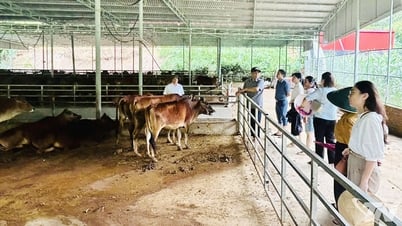



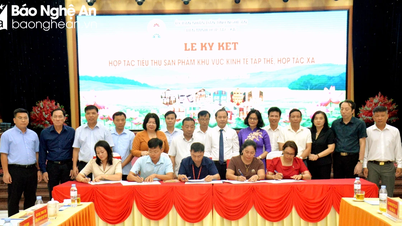






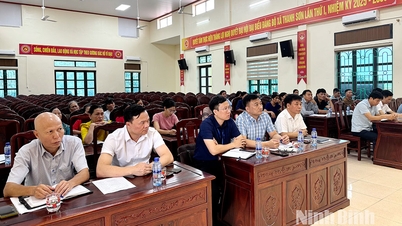


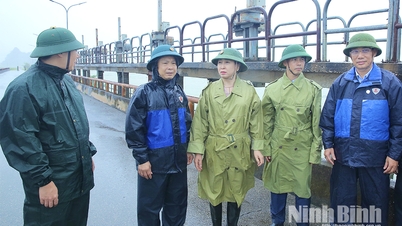




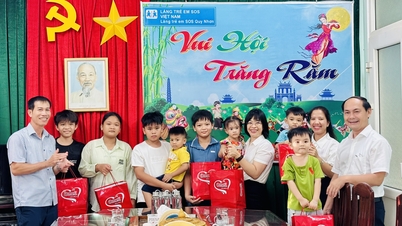

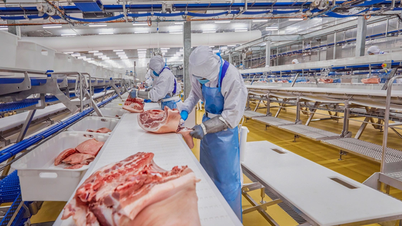












































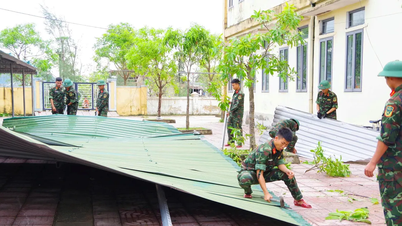



















Comment (0)